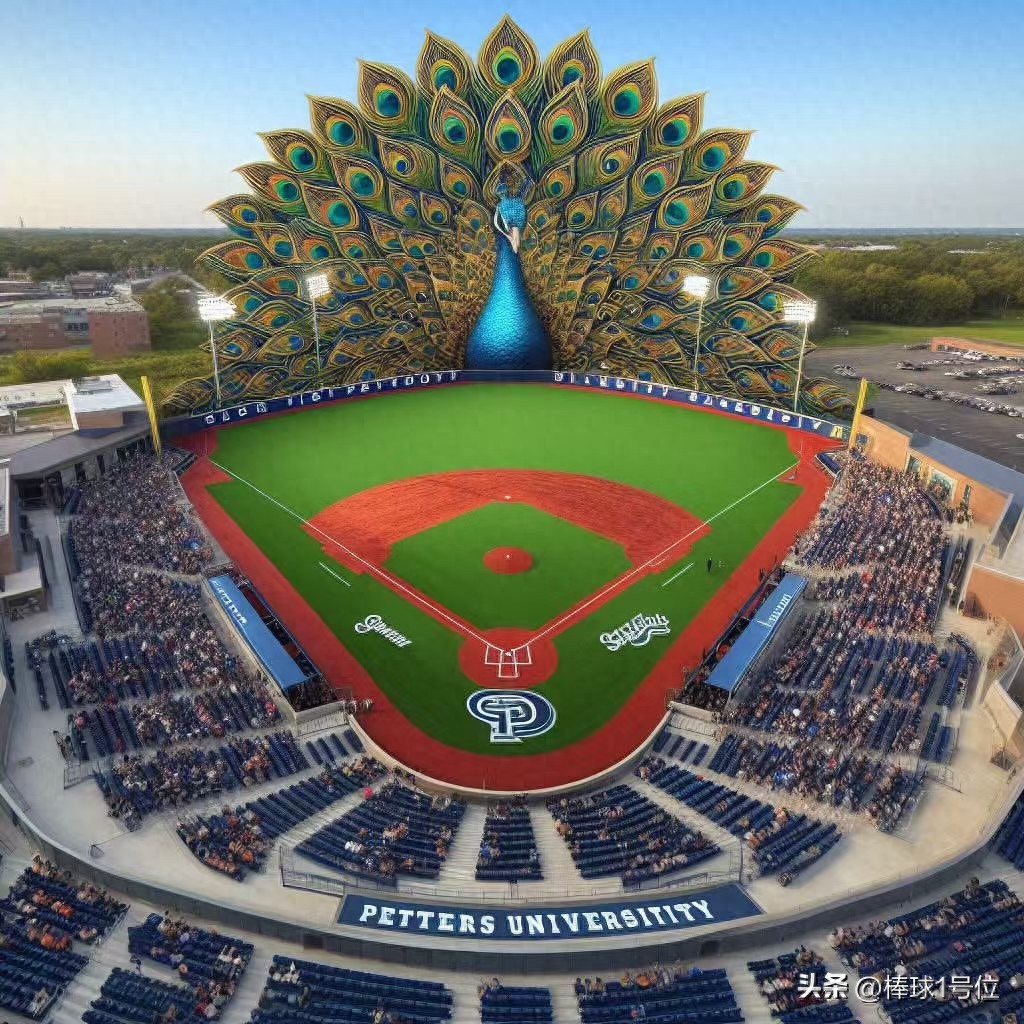The No. 1 spot in the nearest World Cup baseball
The Baseball World Cup is an international tournament hosted by the International Baseball Federation (IBAF) that began in 1938 and was replaced by events such as the World Baseball Classic (WBC) after its closure in 2011.

Cuba (25 titles)
Year wins: 1939–1943, 1950–1953, 1961–1976, 1978, 1980, 1984, 1986, 1988, 1990, 1994, 1998, 2001–2007
Background and Impact:
Cuba is the most successful country in the history of the Baseball World Cup, and its dominance stems from the sports system of the Cold War. The Cuban government considered baseball a national symbol and trained players through a highly centralized amateur sports system, when the IBAF banned professional players from playing until 2000.
After the collapse of the Soviet Union, Cuba's economy struggled, but it remained high, thanks to the universal baseball culture and international game experience.
Cuba's strength also reflects the epitome of the confrontation between the United States and Cuba during the Cold War. The United States has long tried to break its monopoly through the participation of professional players, but it was not until after 2000 that it gradually materialized.

United States (4-time champion)
Winning years: 1973, 1974, 2009
Background and Impact:
Although the United States is the birthplace of baseball, its early performance was mediocre due to the inability of professional players to compete. When they won the championships in 1973 and 1974, in the latter stages of the Vietnam War, American sports hoped to boost national morale through international victories.
The 2009 championship marked the involvement of American professional players (such as MLB minor league players), and the IBAF opened up professional players after 2000, but by this time the influence of the Baseball World Cup had gradually been replaced by the MLB-dominated WBC.

South Korea (1 time champion)
Year of victory: 1982
Background and Impact:
South Korea won the title in 1982 with an upset win over Cuba, breaking a 20-year streak of dominance. This is the first time that an Asian country has reached the top of the Baseball World Cup.
This victory gave impetus to the professionalization of baseball in South Korea, and in 1982 the Korea Professional Baseball League (KBO) was established as one of the top leagues in Asia.

Netherlands (1 Champion)
Year of Victory: 2011 (Last)
Background and Impact:
The Dutch victory was seen as an important symbol of baseball's globalization. Its roster relies on players from Caribbean territories such as Curacao and Aruba, which have a strong baseball tradition.
The 2011 championship accelerated the Netherlands' leadership in European baseball and pushed more European players into the MLB system (such as Xander Bogaerts).
Colombia (1947 winner): The only South American country to win the championship, reflecting the spread of early baseball culture in Latin America.
England (inaugural champion in 1938): Baseball was introduced to Japan and the Caribbean in the 19th century by British sailors, but baseball was marginalized in the UK due to the boom in cricket and football.

Professionalism and political factors: The contradiction between Cuba's long-standing monopoly and the U.S. push for professionalism led to the split of the IBAF. In 2006, MLB launched WBC, attracting top stars, and the Baseball World Cup became less popular.
Globalization and emerging powers: The rise of the Netherlands, Japan, Taiwan and other regions has broken the pattern of traditional American powers, but after the event was suspended, the WBC became a new benchmark.
The rise and fall of the Baseball World Cup reflects the complex interaction between international sports politics, professionalism and cultural communication. Cuba's glory is a thing of the past, while the rise of countries such as the Netherlands and Japan heralds the future of baseball's diversification.










 Links
Links
 Contact
Contact
 App
App


